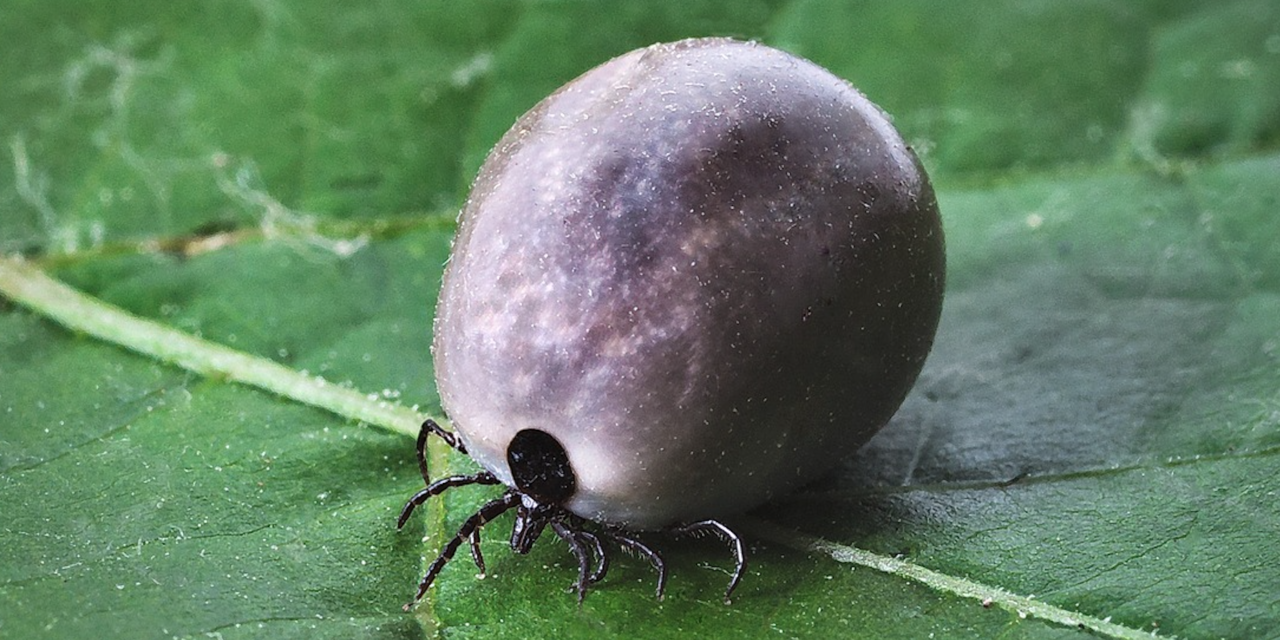Usually, when you find a tick on yourself, you just kill it and throw it in the trash. “Not so fast!” says the Guilford County Department of Public Health which is now calling on you to put it in an envelope and mail it free of charge to NC State University.
The health department is inviting citizens to act as “community scientists” for a study that’s documenting tick species encountered in North Carolina.
The study, conducted by NC State, requests participants send in ticks they come into contact with naturally in any part of North Carolina. The Guilford County health department is a partner with the school in the study and is distributing free tick collection kits.
According to the call to citizen’s study sent out by the county on Valentine’s Day, “Participants must be 18 years or older and are required to collect ticks, complete a survey, and send their findings via mail in a postage-paid return envelope.”
Here are the rules.
(Yes, tick studies have rules.)
• Participants should only submit ticks pulled off of themselves – not off animals.
• Participants need to fill out a survey for each kit sent in.
• Don’t expect to be paid for participation – you won’t be.
You will, however, be provided with an envelope that can be sent in free of charge.
And don’t worry about your encounter with a tick becoming public knowledge. No personal information will be shared and you won’t be identified by your responses.
Free tick kits can be picked up from the Environmental Health Division on the 3rd floor of the Guilford County Department of Health and Human Services at 1203 Maple St. in Greensboro. Kits may be picked up Monday through Friday from 8 a.m. to 4:30 p.m. Each kit will include a postage-paid return envelope, collection tubes, and a short survey for participants to complete.
There’s no limit on the number of ticks you can send in.
For more information about the tick study, you can email NC State researcher Dayvion Adams at dradams4@ncsu.edu.
You can also learn more about common ticks in North Carolina on NCSU’s website.


Living on a farm I could make a fortune if they were paying a few cents per bug.
More people are getting lime disease and they are interested in tracking ticks and species for medical records and research. Climate change is
influencing insects, animals, plants, and everything that has life or can take a life. The warm weather in the south and east coast with its humidity increases the tick populations. Remember, we had crabs not native to our state that we were asked to kill, report, and send to NCCSU too.
Interesting. I find ticks all the time, on me, in the mail, and on the the news. They’re actually called the government at every level. They are all bloodsuckers.
I had something pity to say until I read this.
lol, now that you mention it, that picture looks a lot like Skip Alston after the property tax increase from last year.
I had 4 on me last summer. Would be nice to know how to eliminate them, instead of dealing with the itching, the redness, headache etc. many people get gravely sick and some die each year or suffer the effects of Lyme disease for years.
Roy Cooper said to send all your dog’s ticks to him.